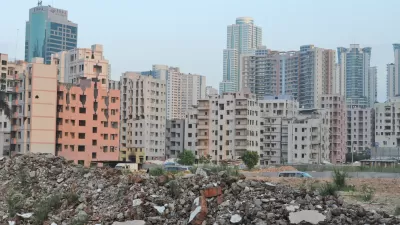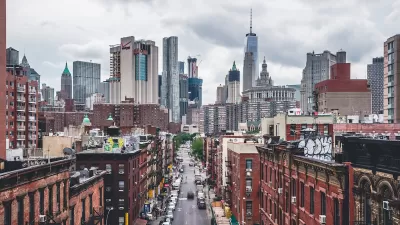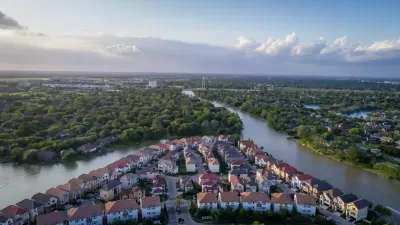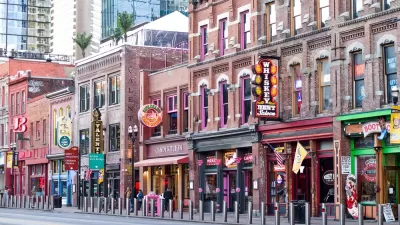In a bid to urbanize its vast interior, China plans to settle one of its vast pre-built cities with workers unused to city life. Upon arrival, they undergo training to become instant urbanites.

The centralized economy in China has become well-known for massive construction projects. These include unpopulated “ghost cities” like Kangbashi New Area, a concrete utopia in Ordos City designed to house a million residents. In a move that mirrors last century’s Cultural Revolution policies in reverse, the government is incentivizing farmers to consider leaving the homestead for Kangbashi. “Reeducation” protocols are in place designed to mold them into instant urbanites.
Local government claims this process was always part of the plan for Ordos and China’s many other pre-built cities. Facing a stark contrast between its industrialized, cosmopolitan coast and a poverty-stricken interior, China intends to relocate up to 250 million farmers to places like Kangbashi over the next 20 years. To ease the transition, government workers provide resources to educate residents and ease them into a new lifestyle. These tips range from the practical (how to turn kitchen gas on and off) to the behavioral (don’t litter or drive on the sidewalk).
The city itself is located in a fortunate area of the country: “arguably, Ordos has been able to achieve what it has due to the enormous wealth generated by the coal industry, cheap land to build on, a willing rural populace generally happy to accept large compensation packages, and the lack of an existing urban population.”
The farmers are less sure these grand ambitions will succeed. Lacking urban skill sets, they labor in unskilled positions that cannot sustain a consumer economy on the scale of the cities they inhabit. For now, individual farmers in Kangbashi New Area worry about a lack of work.
FULL STORY: 'Re-education' campaigns teach China's new ghost city-dwellers how to behave

Maui's Vacation Rental Debate Turns Ugly
Verbal attacks, misinformation campaigns and fistfights plague a high-stakes debate to convert thousands of vacation rentals into long-term housing.

Planetizen Federal Action Tracker
A weekly monitor of how Trump’s orders and actions are impacting planners and planning in America.

San Francisco Suspends Traffic Calming Amidst Record Deaths
Citing “a challenging fiscal landscape,” the city will cease the program on the heels of 42 traffic deaths, including 24 pedestrians.

Defunct Pittsburgh Power Plant to Become Residential Tower
A decommissioned steam heat plant will be redeveloped into almost 100 affordable housing units.

Trump Prompts Restructuring of Transportation Research Board in “Unprecedented Overreach”
The TRB has eliminated more than half of its committees including those focused on climate, equity, and cities.

Amtrak Rolls Out New Orleans to Alabama “Mardi Gras” Train
The new service will operate morning and evening departures between Mobile and New Orleans.
Urban Design for Planners 1: Software Tools
This six-course series explores essential urban design concepts using open source software and equips planners with the tools they need to participate fully in the urban design process.
Planning for Universal Design
Learn the tools for implementing Universal Design in planning regulations.
Heyer Gruel & Associates PA
JM Goldson LLC
Custer County Colorado
City of Camden Redevelopment Agency
City of Astoria
Transportation Research & Education Center (TREC) at Portland State University
Jefferson Parish Government
Camden Redevelopment Agency
City of Claremont





























